In the South of the country, the Mekong Delta has many advantages for developing agricultural economy , marine economy, renewable energy, tourism, etc.
This advantage creates an attractive environment to attract investment resources associated with the application of advanced science and technology, innovation, and sustainable development for the entire region.
However, currently, one of the major challenges of the Nine Dragons region is high-quality human resources to meet the requirements of science and technology development, innovation, and digital transformation, thereby creating a breakthrough for the region's socio-economy in the new era.
Key factors
As the central urban area and the only city in the Mekong Delta, Can Tho has a strategic and pioneering role in development, contributing to promoting the socio-economy of the entire region.
Dr. Ngo Anh Tin, Director of the Department of Science and Technology of Can Tho shared that the merger of administrative units and expansion of the city's scale further affirms Can Tho's position and responsibility in concretizing major policies of the Party and State.
In particular, Resolution No. 57-NQ/TW dated December 22, 2024 of the Politburo on breakthroughs in science, technology, innovation and national digital transformation development is the most core development orientation in science, technology, innovation and digital transformation that Can Tho is focusing on implementing.
In the new development stage, the city identifies high-quality human resources in the fields of science, technology, innovation and digital transformation as key factors for development.
From the human resources perspective, it can be said that Can Tho has an outstanding advantage in science and technology potential, with 85 organizations (including many large universities, colleges, and research institutes), 14 science and technology enterprises, and nearly 9,000 research staff.
Many individuals have achieved achievements in research and training, contributing to affirming the position and reputation of educational, training and research institutions in the city domestically and internationally.
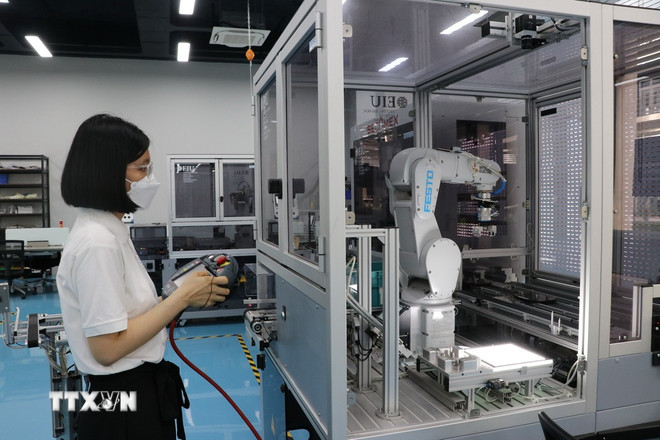
The city's innovation ecosystem is growing with incubators, support centers, and community-connecting forums and events, creating a favorable environment for the formation and development of technology startups.
Looking at the whole region, Associate Professor Luong Minh Cu, Rector of Cuu Long University, said that along with natural resources, science and technology, human capital is considered a factor promoting sustainable development. In the new development stage, one of the urgent requirements is that the region needs to continue to transform itself, together with the country, firmly entering the new era.
Sharing the same view, Master Pham Thi Phuong Giang, Regional Political Academy IV analyzed: In the Mekong Delta, the science and technology human resources are actively promoting scientific research and technology transfer activities in each of their fields.
The active contribution of this force has significantly contributed to making the delta "the largest rice granary, seafood and fruit production center in the country," contributing 70% of fruit output, 95% of rice output and 60% of seafood export output of the whole country.
However, according to Master Pham Thi Phuong Giang, besides the achieved results, the Mekong Delta still has a situation of manual agricultural production, low level, the region's economy has not "absorbed" many good human resources.
Many businesses and production facilities operate on a small scale, with limited competitiveness. This leads to a lack of diversity in employment opportunities, not creating much space for talents to fully develop their abilities and build a long-term career development roadmap.
Developing and attracting high-quality human resources
For the Mekong Delta to develop rapidly, mastering science, technology, innovation and digital transformation is no longer an option, but a vital requirement.
Many experts and managers believe that developing and improving the quality of human resources in science and technology, innovation and digital transformation need to be associated with solutions to attract high-quality human resources, making long-term contributions to regional development.
Developing science and technology, innovation and digital transformation are the ways for the Mekong Delta to restructure its economy, improve competitiveness and develop sustainably. One of the major challenges lies in the ability to attract and develop high-quality human resources.
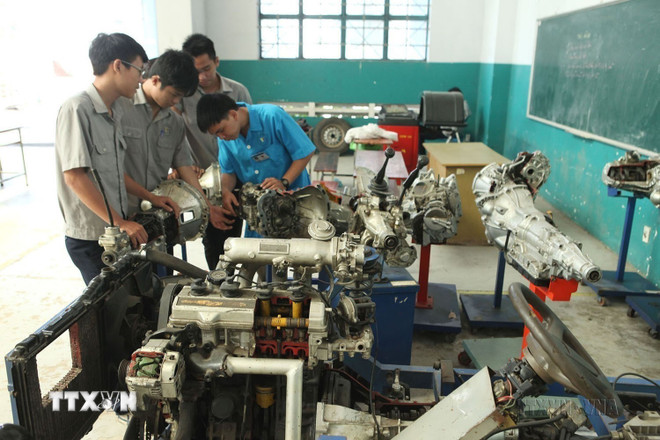
According to Master Vo Nguyen Nam Anh, Dong Thap Provincial Political School, the Mekong Delta is a special socio-economic region, holding a strategic position in ensuring food security, water security and agricultural and aquaculture development in Vietnam. However, the region also faces a series of challenges related to climate change and economic integration pressure requiring increased value added for products.
In that context, Master Vo Nguyen Nam Anh said that science and technology, innovation and digital transformation are core tools to restructure the economy, increase competitiveness and move towards sustainable development.
In this process, core technology human resources - including a team of experts, engineers, and scientists who master and master fundamental technologies such as artificial intelligence, the Internet of Things, big data, biotechnology, new materials technology, automation, and robotics - play a central role.
This is a force that not only operates but also creates breakthrough solutions, adapting to specific natural and socio-economic conditions. The core technology workforce not only serves domestic needs but can also export technology and digital solutions.
According to Master Vo Nguyen Nam Anh, localities need to have solutions to attract and develop high-quality scientific and technological human resources in core technology fields in the delta; there need to be superior incentive policies for these human resources.
Along with that, the factor that attracts core technology human resources is to create a modern and convenient working environment. Localities in the region need to prioritize the development of regional innovation centers, specialized high-tech zones for high-tech agriculture, biotechnology, automation and digital technology...
Dr. Tran Huu Hiep, FPT University - Can Tho Branch, said that to develop science, technology, innovation and digital transformation in the Mekong Delta, it is necessary to prioritize perfecting inter-regional institutions, investing in digital infrastructure, developing high-quality human resources and promoting innovation.
The State plays a creative role, enterprises are the center, combining public-private-international resources to realize the goal of transforming the sustainable growth model.
To realize the potential, according to Dr. Tran Huu Hiep, the region needs to synchronously deploy many groups of solutions; including solutions for human resource development and culture of innovation.
Specifically, the region needs to link schools, research institutes with businesses to build training programs on artificial intelligence, big data... with about 40% of the time spent on business project practice.
Along with that, the region needs to attract international experts; have preferential visa mechanisms, personal income tax incentives, housing support and public service costs for international experts.
A representative of the Department of Science and Technology of Ca Mau province shared that Ca Mau is the southernmost province of the country. The province has three sides bordering the sea, holding a strategic position in terms of national defense and security, marine economic development, renewable energy, and fisheries, agriculture, and forestry.
The province's human resources are gradually improved with the presence of universities, colleges, research and training centers inside and outside the province.
This is the foundation for Ca Mau to promote the application of science and technology, innovation and digital transformation in key economic sectors, creating added value and enhancing competitiveness in the international arena.
However, the province’s science and technology development results are still limited. Therefore, the province will strengthen training and foster skills and knowledge for research staff, engineers and technology experts through cooperation programs with domestic and foreign universities.
Ca Mau also builds, connects and expands a network of domestic and international experts and scientists, attracts talents and high-tech experts, creates an attractive working environment and appropriate remuneration policies to "retain" quality human resources.
The province facilitates and encourages the development of research centers and specialized laboratories serving key local areas, contributing to creating an environment for research and application of science and technology, making practical contributions to the socio-economic development of the locality, region and country./.
Source: https://www.vietnamplus.vn/nghi-quyet-57-bai-toan-nhan-luc-khoa-hoc-cong-nghe-vung-dat-chin-rong-post1075254.vnp


![[Photo] Prime Minister Pham Minh Chinh receives the delegation of the Semiconductor Manufacturing International (SEMI)](https://vphoto.vietnam.vn/thumb/1200x675/vietnam/resource/IMAGE/2025/11/06/1762434628831_dsc-0219-jpg.webp)


![[Photo] Closing of the 14th Conference of the 13th Party Central Committee](https://vphoto.vietnam.vn/thumb/1200x675/vietnam/resource/IMAGE/2025/11/06/1762404919012_a1-bnd-5975-5183-jpg.webp)








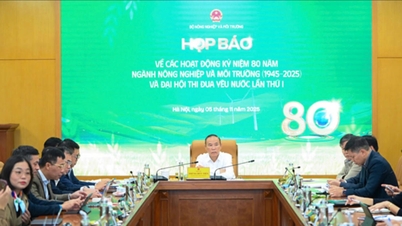

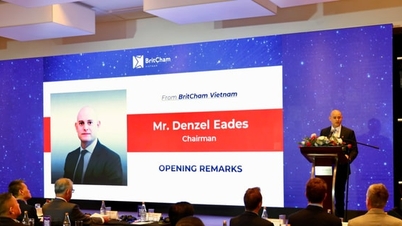


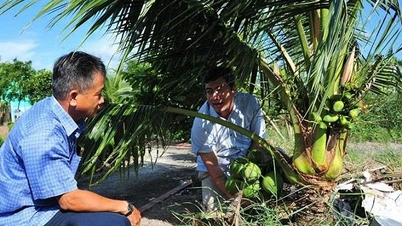

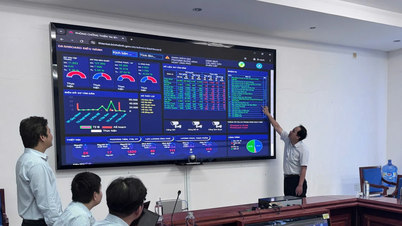










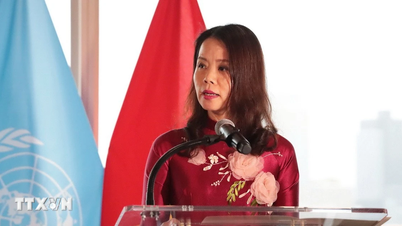
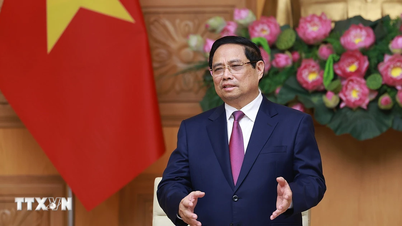
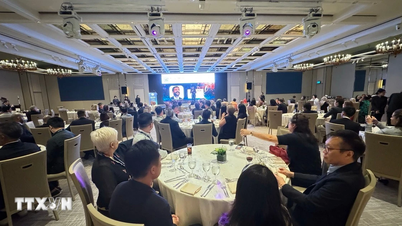
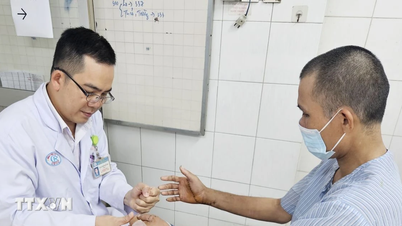
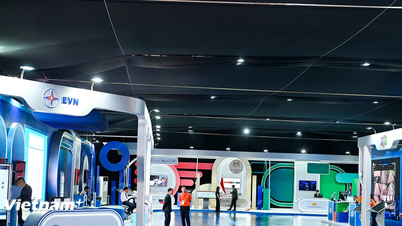


































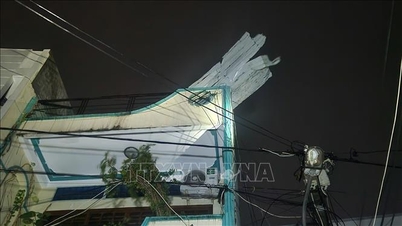

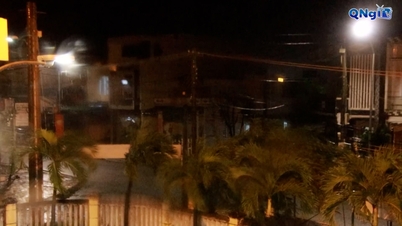



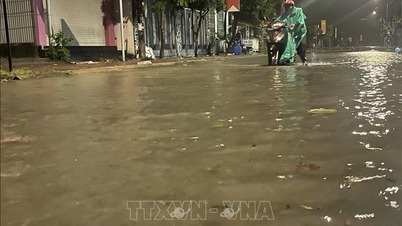

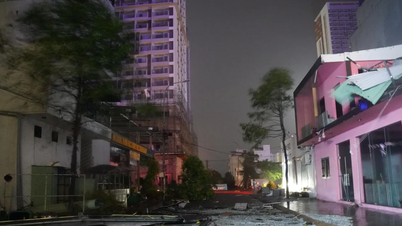










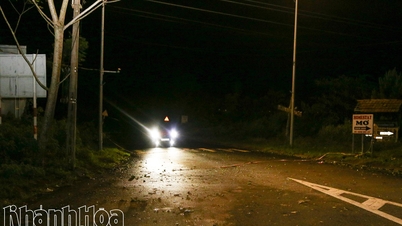

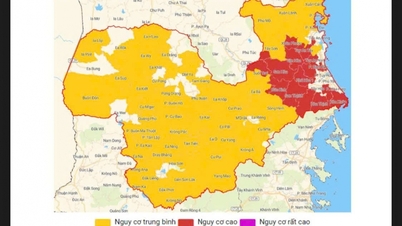

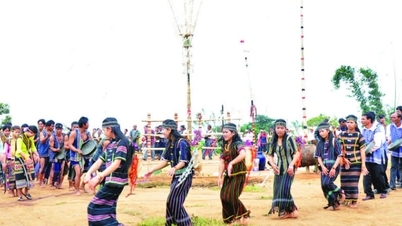

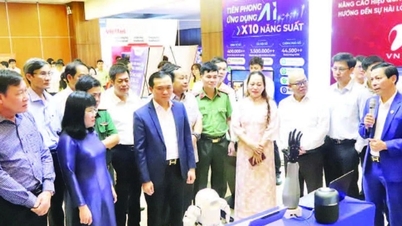

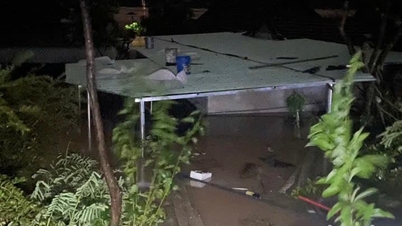













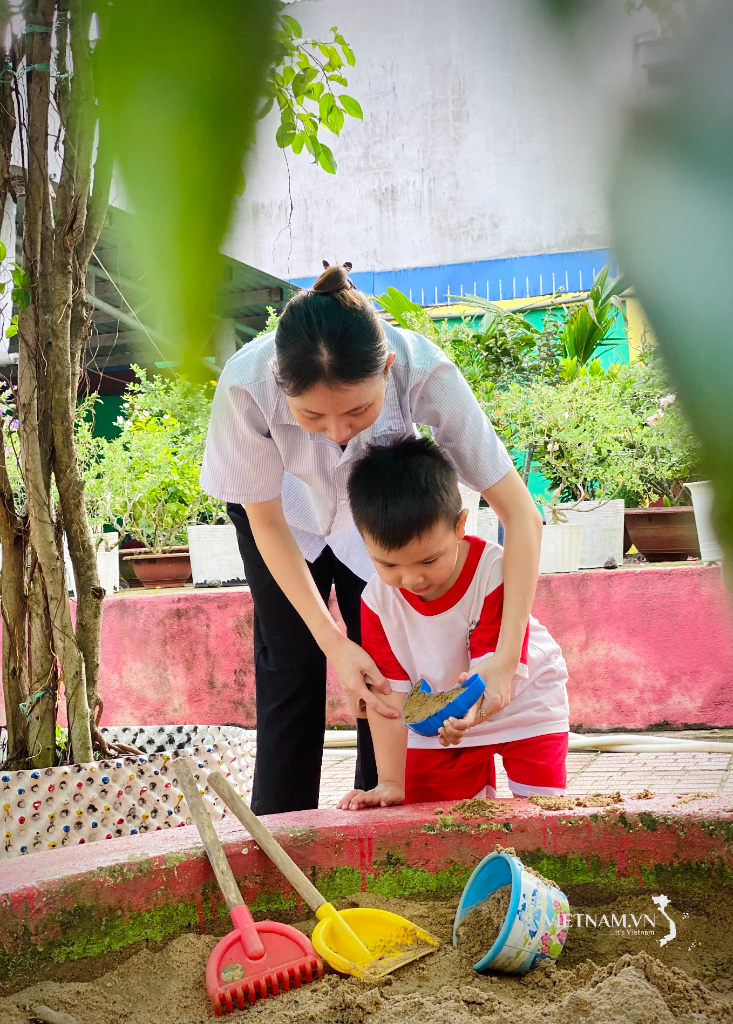

Comment (0)